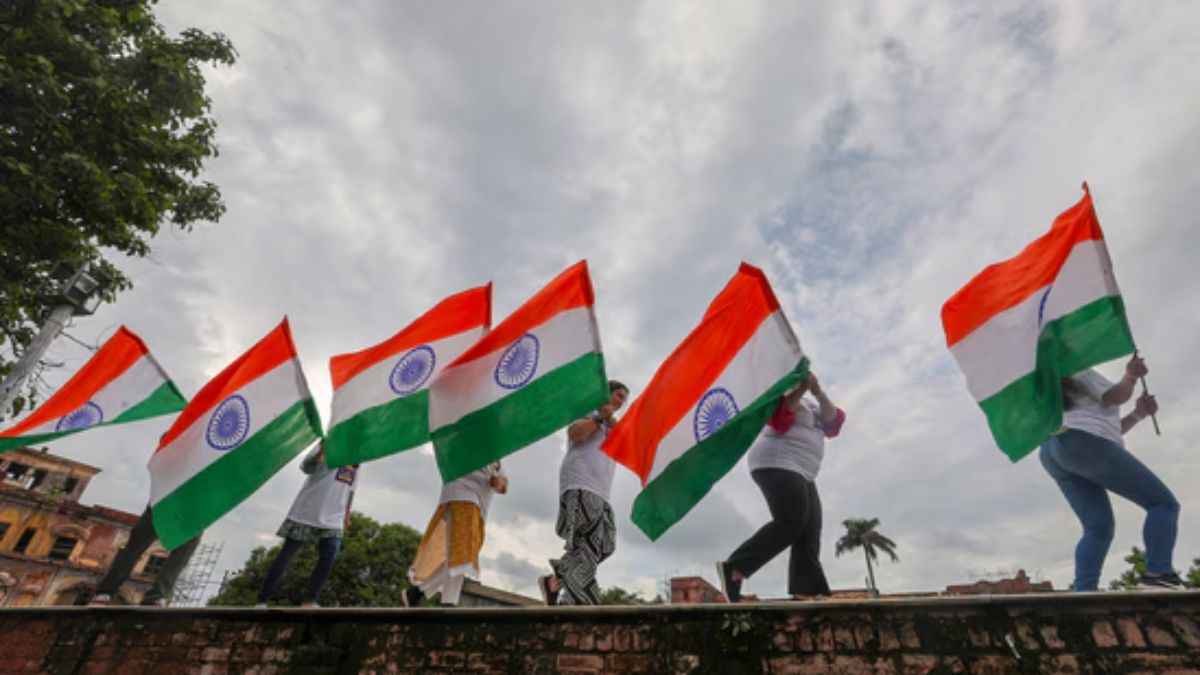In the last few years, some of the world democracy’s shining armours have seen and even executed some of the most undemocratic works. The US leads the pack, having seen an assassination attempt on a former POTUS, besides unleashing a malicious campaign to get him arrested. The Democrat establishment tried its best to send Donald Trump behind bars, and in that endeavour, gave him a political tailwind that ended up garnering him sympathy and seeing him re-elected to office of the President of the United States.
Similarly, Marine Le Pen has been barred from fighting the 2027 presidential elections in France. In the 2022 elections, her party won 41.5 per cent of the French vote, a number significant in any true democracy. Last year, Yoon Suk Yeol, the President of South Korea, declared martial law during a televised address, which was followed by a coup. Although the political upheaval was short lived, it still showed the apparent strength or lack thereof of South Korean democracy. A former South Korean President Park Geun-Hye, too, languishes in jail for 20 years. All this while, former Canadian Prime Minister Justin Trudeau got police horses to trample protesters and even froze bank accounts of truckers during the Freedom Convoy Protests.
All of this transpired in so-called ‘mature’ democracies. In Asia, though, amongst nations such as China, Pakistan, Sri Lanka, Nepal, Bangladesh, Thailand, and Myanmar, only India seems to be a functioning democracy. To look at another grouping of nations, let us consider BRICS: the current President of Brazil, Lula da Silva, has been to jail; Russia and China are in a different class of autocracies, while former South African President Jacob Zuma has been in and out of jail.
While all this was happening, India saw Prime Minister Narendra Modi becoming the Prime Minister for the third time in May 2024, though with a lesser number this time. Modi, now the third most successful Indian PM electorally, has often been projected as a ‘dictator’ in the Western media. Yet, the Opposition has never faced a single moment of government highhandedness. They have not faced assassination attempts like President Trump; they have not been barred from contesting like Marine Le Pen; they have not been jailed like President Zuma and Prime Minister Imran Khan; and, they have not been exiled like Prime Minister Sheikh Hasina.
At a time when democracy is floundering across the world, India has turned into a bright spot of democracy. Institutes like V-Dem should not be taken seriously due to their unsubstantiated opinions being passed off as expert analysis. Indices that rank India below South Africa and bracket it with Pakistan and Bangladesh, should not be taken seriously.
Nandan Nilekani, the co-founder of Infosys, architect of Aadhaar as the first Chairman of the Unique Identification Authority of India (UIDAI), and a former Congress member, admitted in 2020 that India has “too much democracy”; he grew frustrated with excessive political debates and bureaucratic hurdles that often slow down large-scale projects like highways, digital infrastructure, and Aadhaar implementation. Nilekani’s expertise has been utilised by the current BJP government in areas such as India’s Unified Payment Network and other digitisation policies. Compare this with the US, where Anthony Fauci had to be pre-emptively pardoned before President Trump took office again.
The debate on whether “too much democracy” is good or bad for India can be settled another day, but what can be said without doubt is that India and PM Modi are doing enough to keep democracy thriving in India. Marine Le Pen will attest to that.
Jatin Sharma is an analyst with opinions on Indian foreign and domestic policy and international issues impacting India. Views expressed in the above piece are personal and solely those of the author. They do not necessarily reflect Firstpost’s views.


)
)
)
)
)
)
)
)
)



